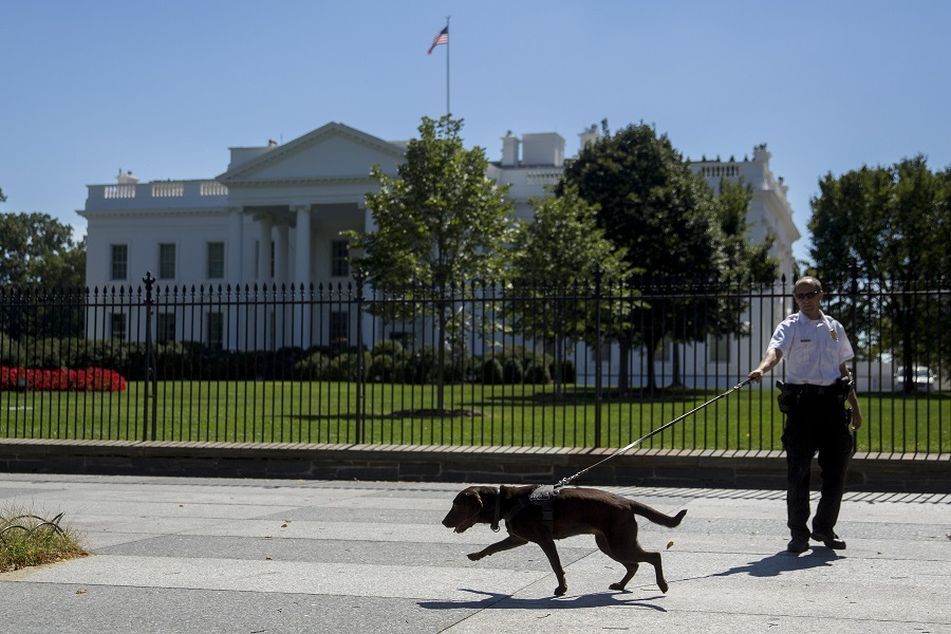With Obama’s push, is fiduciary a done deal? Not so fast

Advisers, experts weigh in on DOL fiduciary rule's prospects and what it might end up looking like.
President Barack Obama has elevated to the bully pulpit a proposal that would raise investment advice standards for brokers working with retirement accounts, but presidential attention may not get a final rule over the finish line by the end of his administration.
On Monday in a speech at AARP, Mr. Obama directed the Department of Labor to move ahead with a rule that would extend the definition of “fiduciary” to more advisers of 401(k) and individual retirement accounts, requiring them to give advice that is in the client’s best interest.
The proposal is expected to be publicly released in the coming months, and then will be subject to the usual rulemaking comment period, which usually lasts 90 days. Even if it does go final, opponents could seek a stay on the rule in federal court.
“That probably pushes it into 2016 and the presidential election,” said Peter Chepucavage, general counsel at Plexus Consulting Group. “The forcefulness of the president cannot change the nature of rulemaking and the appellate process. I don’t see how they can get it done before the next election, and [then] it goes to the next president and his secretary of labor.”
Even with the president on board, the fate of the rule is uncertain, said Brian Hamburger, president of MarketCounsel, an advisory compliance consulting firm.
“No, I don’t think it’s a done deal that we’ll get a final rule,” Mr. Hamburger said. “There’s too many moving parts.”
Still, the fact that Mr. Obama put an event on his schedule to endorse the rule gives it the most important support in Washington.
“Given the history of this rule, I’d hesitate to say anything is a done deal,” said David Certner, AARP legislative counsel and policy director. “But the backing from the president and the secretary of labor is a big push forward for this rule.”
The proposal has been sent to the Office of Management and Budget for a review that could last 90 days. After OMB approval, the Labor Department will release it publicly for comment.
The first hang up could occur at the OMB, where the costs and benefits of the rule are assessed. Dale Brown, president and chief executive of the Financial Services Institute, noted on Monday that OMB rule review takes an average of four months.
“We expect this review will take as long as necessary to ensure that any final rule avoids serious unintended consequences for Main Street investors,” Mr. Brown said in a statement.
Once the rule is put out for comment, the DOL will be deluged with input from both fiduciary advocates and the financial industry, which has been able to slow the rule but not stop it.
LPL Financial wants to shape the rule from this point so that it does not prevent brokers from helping investors with small retirement accounts, said Robert Moore, LPL president.
“We want to be constructively engaged,” Mr. Moore said during an interview on Capitol Hill, where he was preparing for meetings with 30 lawmakers Wednesday as part of a lobbying effort by the board of the Insured Retirement Institute.
The first DOL proposal — which, like this iteration, aims to protect workers and retirees from investment losses due to conflicted financial advice as they build their retirement nest eggs — was withdrawn in 2011 after fierce industry protest. Mr. Moore said the administration has promised that it has listened to industry concerns and there will be continuing talks with skeptics of the rule.
“I don’t want to prejudge it sitting here today, because that isn’t particularly constructive or helpful,” Mr. Moore said. “Let’s just follow the process and see where it leads.”
The rule will not become public until it is released for comment in a few months. In a document on its website, the DOL said the new rule will not prohibit commissions or revenue sharing.
“There will be clarity that a fiduciary can engage in different fee arrangements as long as the fiduciary discloses the conflicts of interest that go along with that fee arrangement,” Mr. Hamburger predicted.
In a report last week, the Chamber of Commerce doubted that prohibited transaction exemptions would be effective.
“Despite the best efforts by the DOL, we remain concerned that no matter how well-crafted the [prohibited transaction exemptions] are, they will prove to be insufficiently narrow and inflexible to accommodate the many beneficial ways that financial professionals serve the needs of investors today and in the future,” the report states.
But Mr. Certner said after four years of working on a new rule, DOL will propose a regulation that answers previous concerns and goes final more quickly than normal.
“We’re certainly hopeful we’re going to have a more efficient rule this time,” Mr. Certner said.
Learn more about reprints and licensing for this article.








